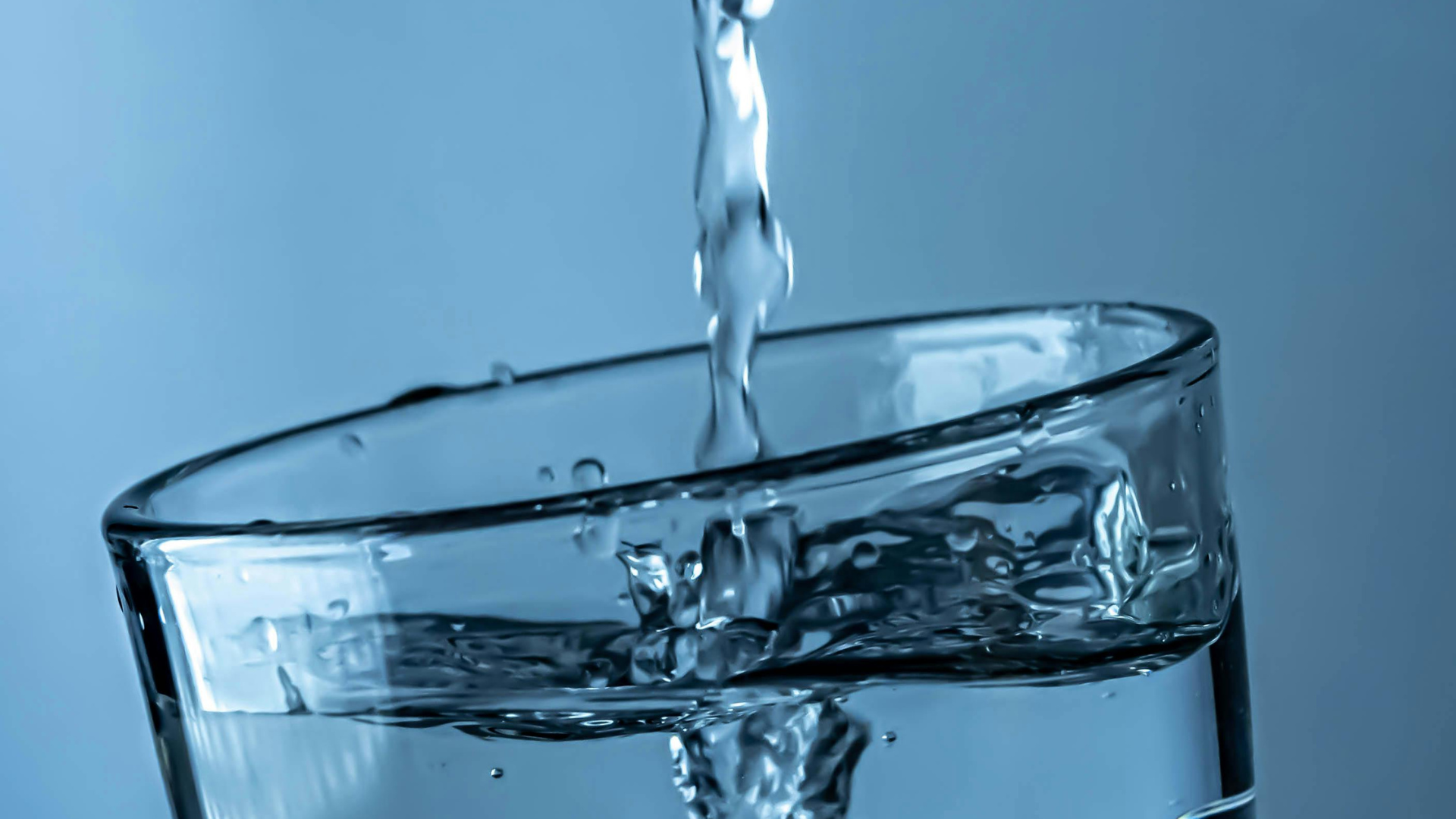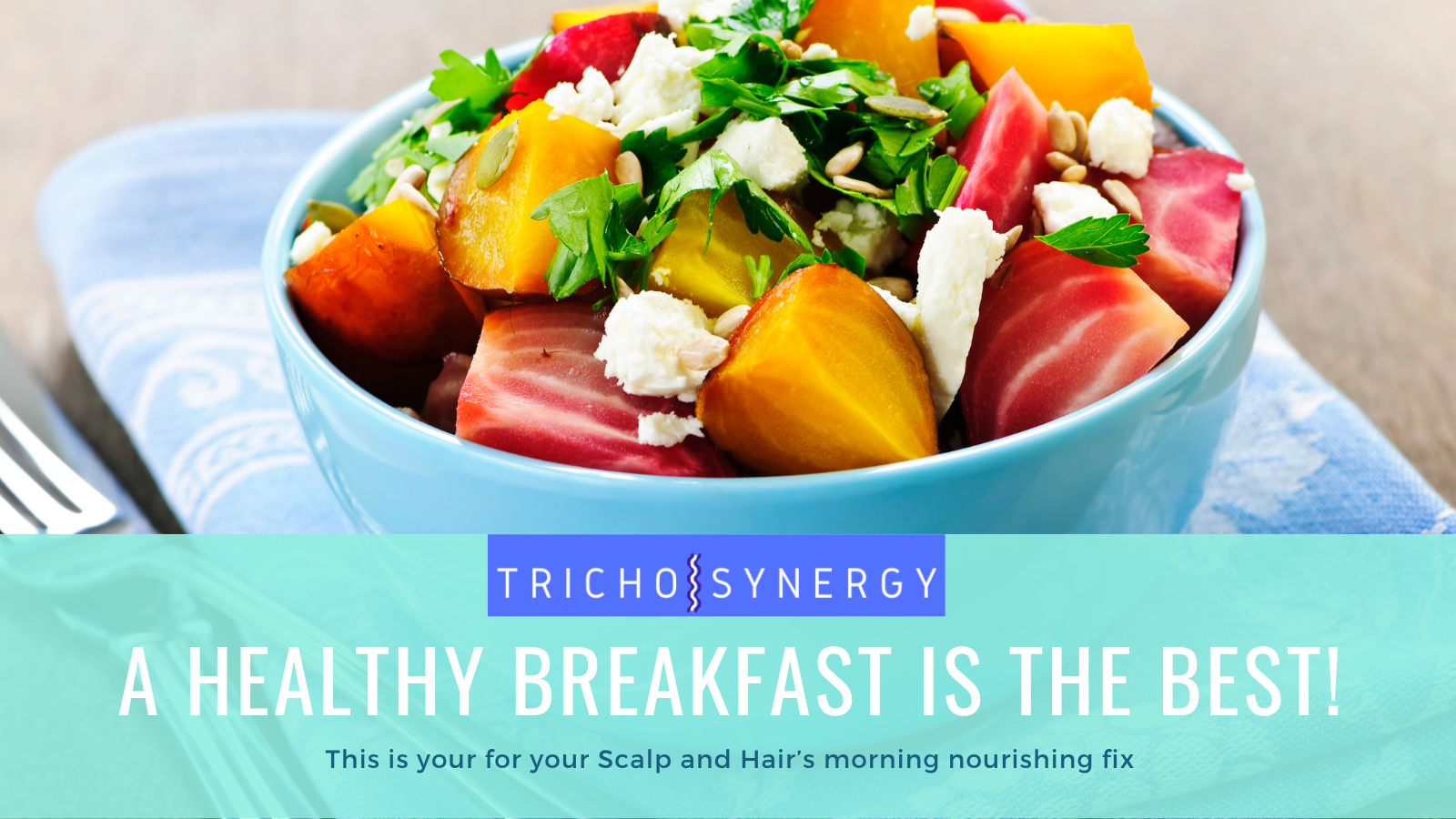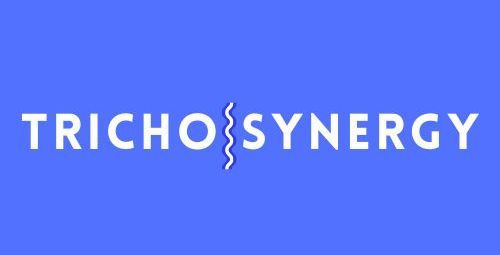Why Your Water Bottle Is Your Most Important Hair Tool
Hydration is the Foundation of Fabulous Hair

Why Your Water Bottle is Your Most Important Hair Tool
If I told you there was one simple, inexpensive thing you could do right now that would improve your hair growth, enhance your curl definition, reduce breakage, and give you a healthier scalp and it doesn’t require a single product purchase; would you believe me? Well, it’s true, and it’s probably sitting within arm’s reach right now: water.
We live in an age of hair care sophistication, where we can recite the benefits of ceramides, debate the merits of different protein treatments, and analyse ingredient lists like scientists. Yet somehow, we’ve managed to overlook the most fundamental requirement for healthy hair: proper hydration. Not just the moisture we apply to our strands, but the water we drink that literally builds our hair from the inside out.
So let’s see why your relationship with your water bottle might be more important than your relationship with your favourite leave-in conditioner, and how the emerging concept of “scalp skinification” is revolutionising the way we think about the foundation of hair health.
The Science of Hydration: Your Hair’s Hidden Lifeline

Let’s start with a fundamental truth: your hair is approximately 25% water. This isn’t just water sitting on the surface from your last wash. This is structural water and it’s integral to your hair’s strength, elasticity, and overall health. When you’re chronically dehydrated, your body has to make tough decisions about where to allocate its limited water resources.
Here’s the reality check: your hair follicles are not considered essential for survival. When your body is managing dehydration, it prioritises vital organs like your heart, brain, and kidneys. Your hair follicles get anything that’s left over.
Each hair follicle is surrounded by a network of tiny blood vessels called capillaries. These capillaries deliver nutrients and oxygen to the cells responsible for creating your hair. When you’re well-hydrated, these capillaries function optimally, ensuring your hair follicles receive everything they need. When you’re dehydrated, blood volume decreases, circulation becomes sluggish, and your hair follicles essentially go on a starvation diet.
Hair growth occurs in cycles, with each follicle spending about 2-7 years in the active growth phase (anagen), followed by shorter transition and resting phases. Adequate hydration is crucial for maintaining healthy, extended growth phases. Dehydration can potentially push follicles into the resting phase prematurely, resulting in increased shedding and slower overall growth.

The effects of chronic dehydration on hair health are often subtle at first, which is why many women don’t make the connection. Here’s what happens when your body doesn’t have enough water to function optimally:
- Your scalp produces natural oils (sebum) that help protect and moisturise your hair. Dehydration can reduce sebum production, leaving your hair more vulnerable to environmental damage and dryness.
- Even if you’re eating a perfect diet and taking excellent supplements, dehydration hampers your body’s ability to transport these nutrients to your hair follicles effectively.
- Well-hydrated hair is flexible and resilient. Dehydrated hair becomes brittle and prone to breakage, making it difficult to achieve and maintain length.
- A dehydrated scalp can become dry, flaky, and irritated, creating an environment that’s not conducive to healthy hair growth.
- If you’re dealing with any scalp irritation or damage from styling, adequate hydration is essential for proper healing and recovery.
The Scalp Skinification Revolution: Treating Your Scalp Like the Skin It Is
Here’s where we need to talk about one of the most important shifts happening in hair care right now: scalp skinification. This concept recognises that your scalp is skin, the complex skin connected to your facial skin and that it deserves the same attention and care that you give to your face.
While you wouldn’t dream of neglecting your facial skin, many of us treat our scalp as an afterthought, hidden beneath our hair. But your scalp is actually more complex than most other skin on your body. It has more hair follicles per square inch than anywhere else, more sebaceous glands, and a unique microbiome that directly impacts hair health.
Just like the skin on your face, your scalp has a protective barrier that can be compromised by dehydration, harsh products, and environmental stressors. When this barrier is damaged, it can lead to sensitivity, inflammation, and hair growth disruption.
Healthy scalp skin maintains a slightly acidic pH (around 3.5-5.5), which supports beneficial bacteria and helps prevent harmful microorganisms from thriving. Proper hydration helps maintain this delicate balance.
Your scalp hosts a complex ecosystem of microorganisms that, when balanced, support healthy hair growth. Dehydration can disrupt this microbiome, potentially leading to issues like dandruff, sensitivity, and even hair loss.

Hydration’s Multi-Layered Impact on Hair Health
Properly hydrated hair can stretch up to 30% of its length when wet without breaking. This elasticity is crucial for textured hair, which undergoes significant manipulation during styling and daily maintenance.
For those with naturally curly or coily hair, hydration is essential for curl formation and definition. Well-hydrated hair holds its natural pattern better and experiences less frizz.
When your hair is properly hydrated from within, topical products work more effectively. It’s like the difference between trying to moisturise leather versus trying to moisturise a dry sponge. The sponge (hydrated hair) absorbs and retains treatments much better.
While hydration doesn’t change your genetic growth rate, it ensures that your hair can reach its full growth potential by maintaining optimal follicle function and minimising breakage, keeping the hair flexible ensuring length retention.
A well-hydrated scalp is less likely to experience dryness, itching, or irritation, creating a more comfortable environment for hair growth.
Not All Water Is Created Equal - If you're in the UK the water is extremely hard and shampoo formulas are made to compensate for this.

While any water is better than no water, the quality of the water you drink can impact its effectiveness for hair health
Filtered Water Benefits: Removing chlorine, heavy metals, and other contaminants allows your body to use water more efficiently and reduces the toxic load your liver has to process. Your hair and scalp have less toxicity.
Mineral Content Matters: Natural minerals in water support various cellular functions. However, excessively hard water can be problematic for some people, while completely demineralised water isn’t optimal either.
Temperature Considerations: Room temperature or slightly warm water is generally absorbed more readily than ice-cold water, which your body has to warm before it can be used effectively.
Hydration Strategies That Actually Work
If you’re currently drinking very little water, don’t try to jump to eight glasses overnight. Your body needs time to adjust. Start by adding one extra glass per day for a week, then gradually increase.
Sipping water throughout the day is more effective than chugging large amounts at once. Your body can only process about 8 ounces per hour efficiently.
After 6-8 hours without water during sleep, starting your day with a large glass of water helps jumpstart your hydration status and supports morning grooming routines.
Drinking water before washing your hair can help your scalp and hair better absorb and retain moisture from your hair care products.
Signs Your Hair Is Telling You to Drink More Water
Sometimes our hair sends us hydration signals that we misinterpret as product or technique issues:
Persistent Dryness: If your hair feels dry no matter what products you use, internal dehydration might be the culprit.
Increased Breakage: Hair that breaks easily during gentle manipulation may be crying out for internal moisture.
Scalp Sensitivity: An increasingly sensitive or irritated scalp can be a sign of dehydration affecting your skin barrier function.
Slow Growth: If your hair seems to have stopped growing or is growing more slowly than usual, poor circulation from dehydration might be a factor.
Dull Appearance: Dehydrated hair often looks lackluster and lifeless, even when it’s clean and styled.

The Scalp Skinification Protocol: Caring for Your Scalp as Skin
Gentle Cleansing: Just as you wouldn’t use harsh soap on your face, consider using gentle, pH-balanced shampoos that clean without stripping your scalp’s natural protective barrier.
Look for scalp-specific treatments that provide direct hydration to this often-neglected skin. This might include scalp serums, treatments, or even facial moisturisers applied to the scalp area.
Your scalp is skin and needs protection from UV damage, especially if you have thin hair or wear protective styles that expose your scalp.
Just like facial skin, your scalp can benefit from gentle exfoliation to remove dead skin cells and product buildup that might clog follicles.
Regular scalp massage (even just with your fingertips during shampooing) can improve circulation and support the health of your scalp skin.
The Hydration-Hair Care Synergy
The most effective hair care routines combine internal hydration with external moisture treatments. When you’re well-hydrated internally:
- Your scalp produces healthier sebum
- Your hair absorbs and retains topical treatments better
- Your natural curl pattern is more defined
- Your hair has better elasticity and strength
- Your scalp skin functions optimally
This creates a positive feedback loop where your external hair care products work better because your internal foundation is solid.
Realistic Expectations and Gentle Patience
Like all aspects of hair health, the benefits of improved hydration don’t appear overnight. Hair grows slowly, and cellular changes take time to manifest visibly. Here’s a realistic timeline:
Week 1-2: You might notice improved scalp comfort and slightly better product absorption.
Month 1: Hair may feel slightly more elastic and less prone to breakage during manipulation.
Month 2-3: You might begin to see improvements in hair texture, shine, and overall manageability.
Month 3+: This is when you’re likely to notice more significant improvements in growth rate, curl definition, and overall hair health.

Your Daily Hydration Ritual
Think of proper hydration not as another chore, but as a foundational self-care practice that supports your hair goals and overall well-being. Every sip of water is an investment in your hair’s future.
Start where you are, be consistent rather than perfect, and remember that small, sustainable changes create lasting results. Your hair follicles are listening to every choice you make, including how well you hydrate your body.
The path to your healthiest hair might be as simple as reaching for your water bottle a little more often. In a world of complex hair care routines and expensive products, sometimes the most powerful tool is also the most basic.
Your hair is thirsty and not just for external moisture, but for the internal hydration that creates the foundation for everything else to work. Give it the water it needs, treat your scalp like the precious skin it is, and watch as your hair responds with strength, growth, and vitality you might not have thought possible.
Beautiful, healthy hair starts from within, just simply by staying properly hydrated.

"We are passionate about healthy hair"
Hair loss treatments for patients in and around London. Providing TrichoSynergy personal consultations and hair treatments.
Don't despair! Call to find out how we can help...
At TrichoSynergy we diagnose the cause and provide bespoke treatments for each of our patients.
Happy Healthy Hair Blog










